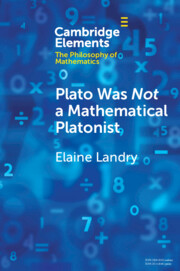This contribution proposes an interpretation of Thomas Aquinas’s philosophy of mathematics. It is argued that Aquinas’s philosophy of mathematics is a coherent view whose main features enable us to understand it as a moderate realism according to which mathematical objects have an esse intentionale. This esse intentionale involves both mathematicians’ intellectual activity and natural things being knowable mathematically. It is shown that, in Aquinas’s view, mathematics’ constructive part does not conflict with mathematical realism. It is also held that mathematics’ imaginative reasoning is coherent with Aquinas’s doctrine of formal abstraction and his realistism. It focuses on some of Aquinas’s texts, which it places within their textual and doctrinal context and interprets them in the light of some historical elements.


